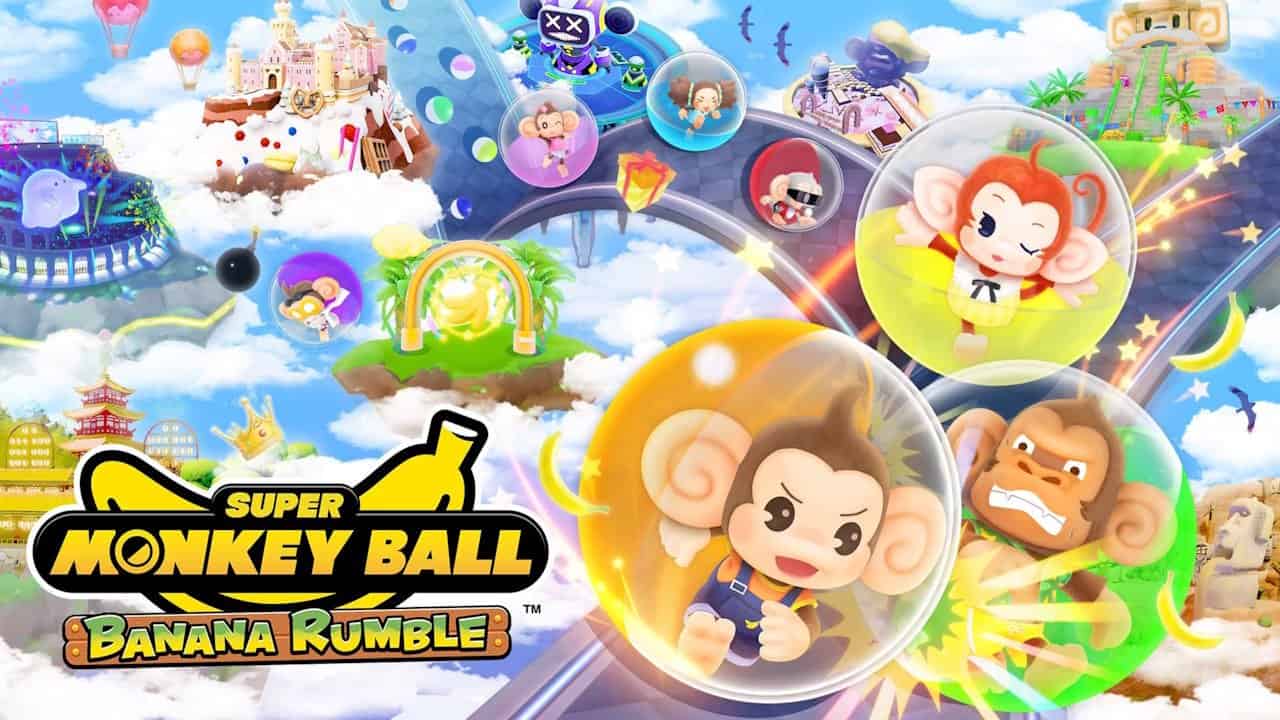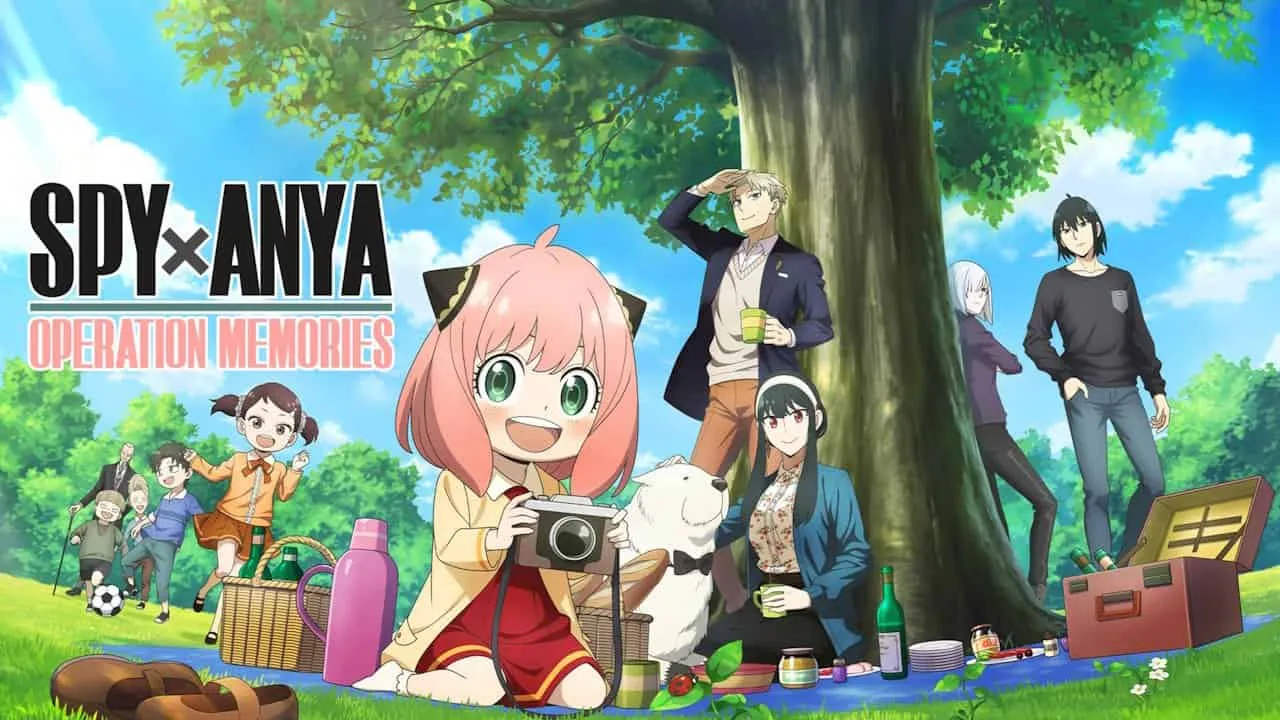Ancestors: The Humankind Odyssey Review

Official Score
Overall - 60%
60%
Ancestors: The Humankind Odyssey has some good ideas, but the slow pace and repetitive gameplay will wear you down quickly. Watch some gameplay footage before picking this one up.
After first launching on PC, Ancestors: The Humankind Odyssey has finally arrived on the PlayStation 4. Is this survival game worth checking out, or should you play something else? Check out our review here.
Ancestors The Humankind Odyssey Review Ps4
The title begins with the circle of life. You see animals catching prey, and then becoming prey. This continues until you settle on a monkey catching a fish. The monkey then becomes prey to a large bird, and you must hide as the baby monkey. Once you hide, you switch to an adult monkey and find the baby. From there, the journey of evolution begins. You and your tribe are hidden up in a beautiful little paradise in the dangerous jungle. To evolve, you have to venture into the forest and learn new ways to survive.
You start with only basic knowledge: the ability to smell and sense certain things, how to drink water, and how to climb. Through trial and error, you learn what you can and cannot eat, how to fight, what different smells and sounds are, and how to communicate with your tribe. Ancestors is often measured by small accomplishments, as opposed to significant achievements. You learn early how to sharpen a stick, and you use that technique for most of the game. While there are large leaps, such as learning to walk on two feet, they are few and far between.
At its core, Ancestors is a survival exploration game. You need to eat, drink, sleep, and manage other ailments you might come across. On top of this, you need to mate and make sure that your line will continue after your generation passes. Each generation will bring forward more and more of your knowledge that you learned previously. You can think of it as your baby monkeys learning from the adult monkeys before becoming adults themselves. For the babies to learn, they have to go out with the adult monkeys – and that is where things gets tricky.
Early on, death feels like it is around every corner. One missed branch can result in falling to your death and leaving your baby monkeys stranded. Giant birds, snakes, tigers, pigs, crocodiles, and even hyenas attack on sight and often from stealth. To learn how to fight these threats, you have to take the hits and quickly realize that dodging is the answer. You have to learn that certain rocks will injure the enemy, while others will kill them. Pointy sticks do damage, but you can only use them once. These early threats become trivial once you learn the combat system, however, and dying in the later stages will only happen if you get greedy.
And that really is one of the game’s most significant problems in my eyes. All the early threats – animals, food, falling to death, and water – are eliminated after only an hour or so. It is a survival game where surviving isn’t actually difficult. Sure, sometimes you will be stranded in the desert with no water for a few minutes, but I never starved to death or died via dehydration. With survival being so trivial, you have to rely on the game’s progression to keep you going forward, and that will be hit and miss for most people.
There is a massive skill tree in the game, and leveling up is quick and straightforward. You gain experience by doing any action while your baby monkeys are watching. When you sleep, you can choose to evolve and learn new skills. These come from using tools on different objects or repeating an action over and over. There are skills you need; dodging and counterattacking are important, and so is communication. However, I never felt the need to upgrade my sense of smell four times or wanted to learn how to sleep better. Yes, it is a significant skill tree, but a lot of it feels like filler. And since you can only bring so much knowledge forward, you have to relearn some of these skills multiple times.
Here is the basic gameplay loop for those who care. When you start with a new generation of monkeys, your first priority is to get babies. From there, you go out and gain EXP to relearn old skills and hopefully uncover some new ones. Maybe while you are out, you will find a lone ape who needs a tribe, and you recruit them. Head back home, sleep, eat, drink, and go out again. Head to the next destination and try to find a new home for your monkeys. Find one, bring the tribe, settle in, and start your next generation. You’ll end up doing this ten or more times before doing an evolutionary leap.
An evolution leap is what it sounds like: a time skip sometimes millions of years into the future. These leaps are significant, as they are how you learn to digest new food such as meat and mushrooms, learn more about preventive medicine, and learn to walk on two feet at all times. It is these leaps that bring the greatest sense of accomplishment, but they take so long to get to. Getting to the last stage of the evolution chart is a drag, and most players won’t want to invest more than 40 hours into this game.
I didn’t have any frame drops, but I did run into a couple of bugs. I got stuck on a rock and couldn’t do anything but spin. Tigers will literally spawn out of nowhere when the game feels like you are having too easy of a time. In addition, button prompts on the PlayStation 4 are counter-intuitive at times. Holding the circle button is used to intimidate enemies, but it also calls your whole tribe to you if you are close to your base. Holding the X button makes you jump and run and also swing on vines. The problem is, holding the X button on select vines makes you swing off of them when you just want to climb them. These little things add up quickly as you play the game.
Ancestors: The Humankind Odyssey has some good ideas, but the slow pace and repetitive gameplay will wear you down quickly. Watch some gameplay footage before picking this one up.



